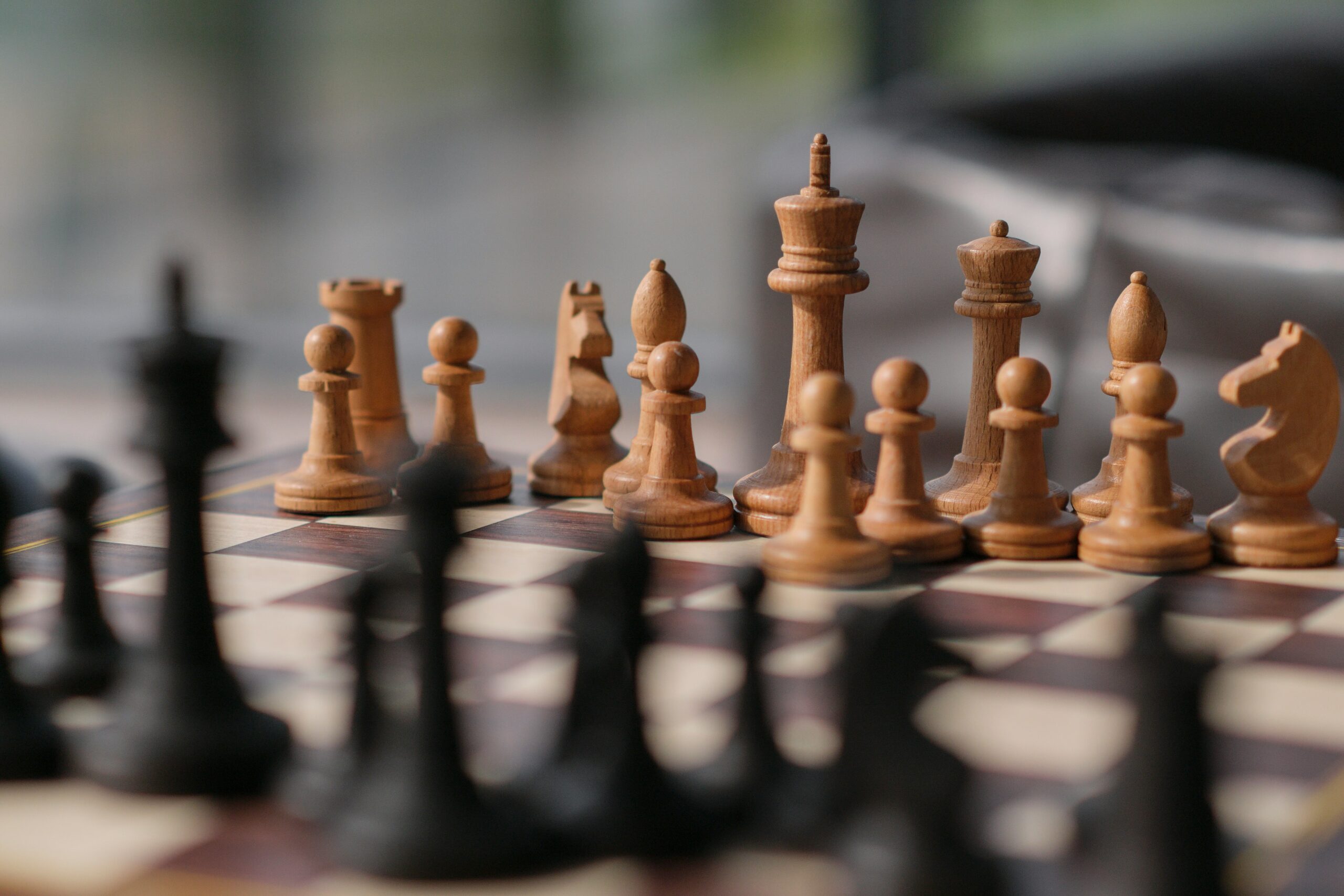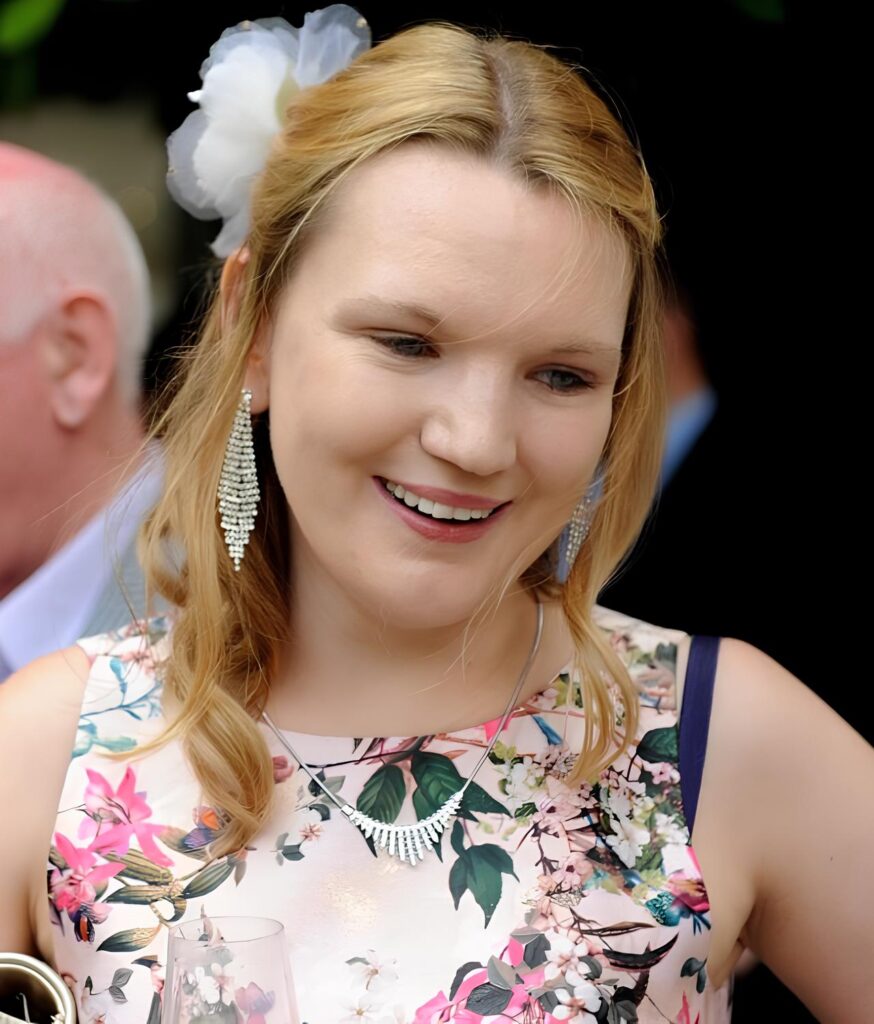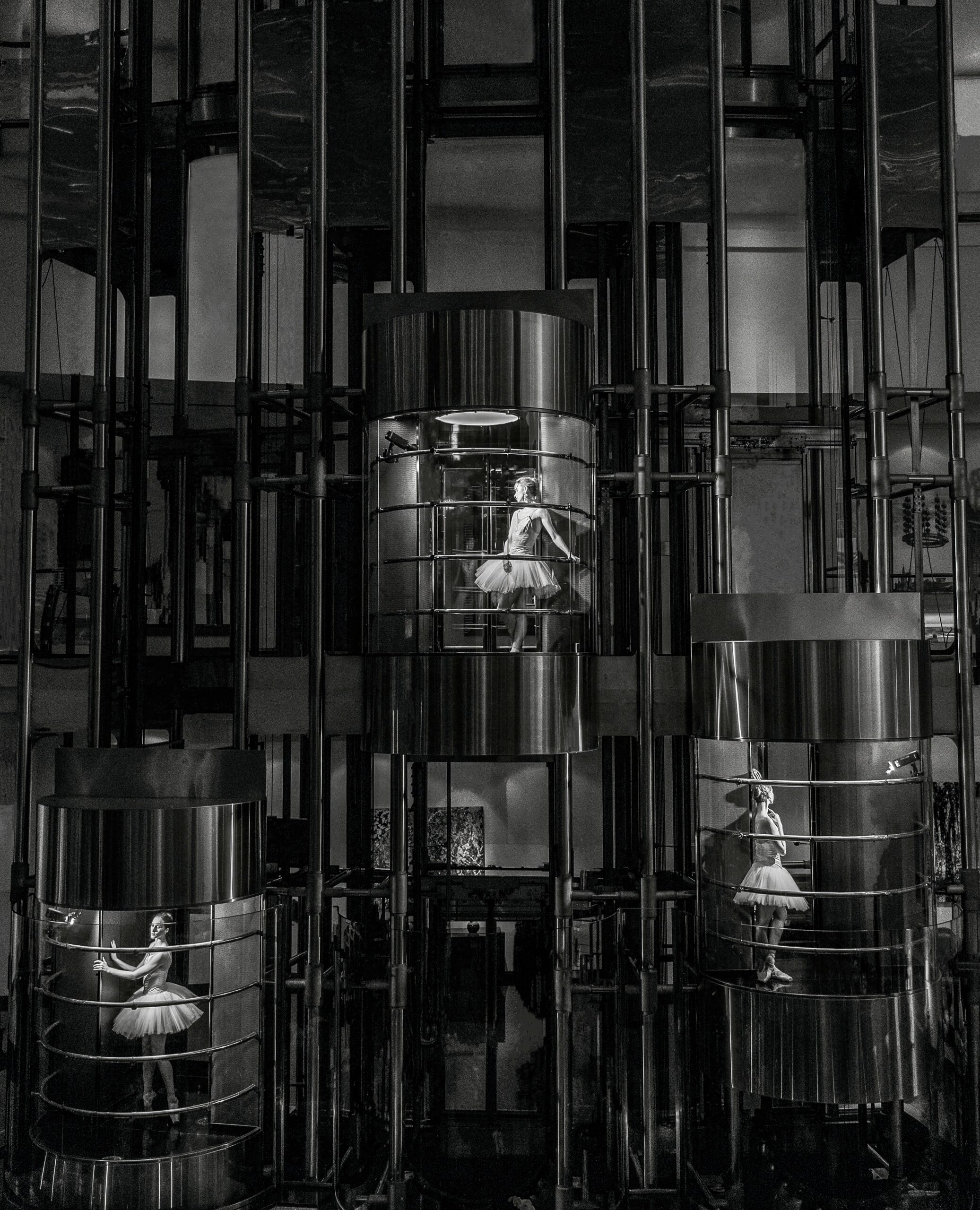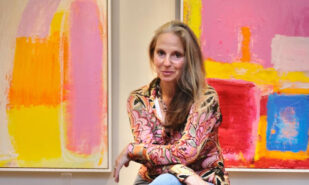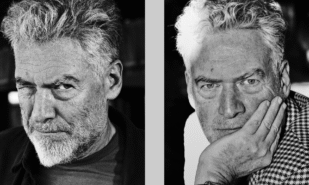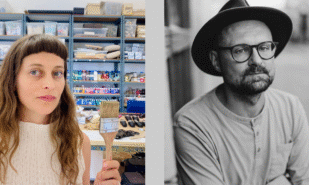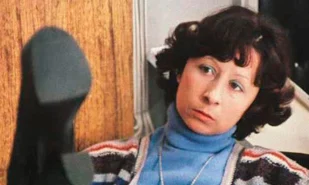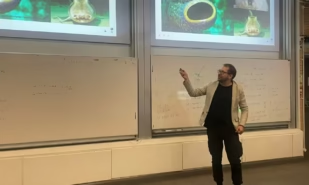A champion on and off the board: Sarah Longson’s chess mission
From her first televised encounter with Garry Kasparov at the age of seven to leading the UK Schools’ Chess Challenge today, Sarah Longson has lived a remarkable chess life. Once a prodigy, now a pioneer, she has transformed her passion into a movement that reaches tens of thousands of children each year. Her story is not only about winning titles, but about inspiring the next generation to think boldly, face challenges with resilience, and discover joy in the game of kings. I spoke to Sarah about her journey so far and her vision for the future.
How and when did you discover chess, and how did you decide that was the thing for you?
I was seven years old. My brothers were at the school chess club, and I used to go to the park with my mum while they played. One day when mum went to pick them up, it was clear the teacher needed help, so she offered to assist – on the condition that I could join too! I was the youngest in the club, which meant I “automatically” qualified for the U7 UK Chess Challenge Megafinal. I went on to win to Gigafinal – and from there my passion for chess just grew and grew.
You first appeared on Blue Peter as a young chess prodigy. Looking back, what emotions come to mind when you think of that moment – and how did it shape your sense of possibility in life?
I was very shy, but I was completely in awe of my idol Garry Kasparov, who came to meet me on the show. We’ve met again since at Chess Olympiads, and he still remembers me. It was such a proud moment and gave me the confidence to believe in myself and go after my goals.
You’ve gone from child prodigy on Blue Peter to director of the UK Schools’ Chess Challenge. When you look back at that journey, what feels like the biggest transformation in yourself?
Taking on the UK Chess Challenge really transformed me. My confidence grew enormously – I learned so much and discovered that I had so much to give back to children who enjoy chess. I also shifted from being a chemistry and law graduate chasing a career I didn’t love, to running a business I absolutely love.
You’ve dedicated recent years to building up the UK Chess Challenge. What drives you more at this stage?
I’m driven by watching children grow through the competition – not just in their chess, but in life skills, resilience, and friendships. I also want to create experiences they’ll remember forever. Securing Blenheim Palace as the venue for our finals is something I’m especially proud of.
Running such a large-scale event requires stamina and vision. What’s been the most surprising challenge of leading the UK Chess Challenge, and how have you adapted?
There are lots of challenges – from rising venue hire costs to the difficulty of reaching children at school level. Schools operate differently now, and with social media changing how families spend their time, introducing new children to the competition has become harder. We’ve also lost our long-time sponsor Delancey which has been a huge setback; I am adapting by trying to secure a new sponsor.
Some educators argue that chess builds “transferable intelligence.” Do you see chess as a form of cognitive training, or something deeper, perhaps even moral?
I do believe that chess is a tool for cognitive development as you exercise your brain and develop critical thinking skills. Personally it made me a lateral thinker and problem solver – these are skills that are becoming more and more essential in the modern days of phones.
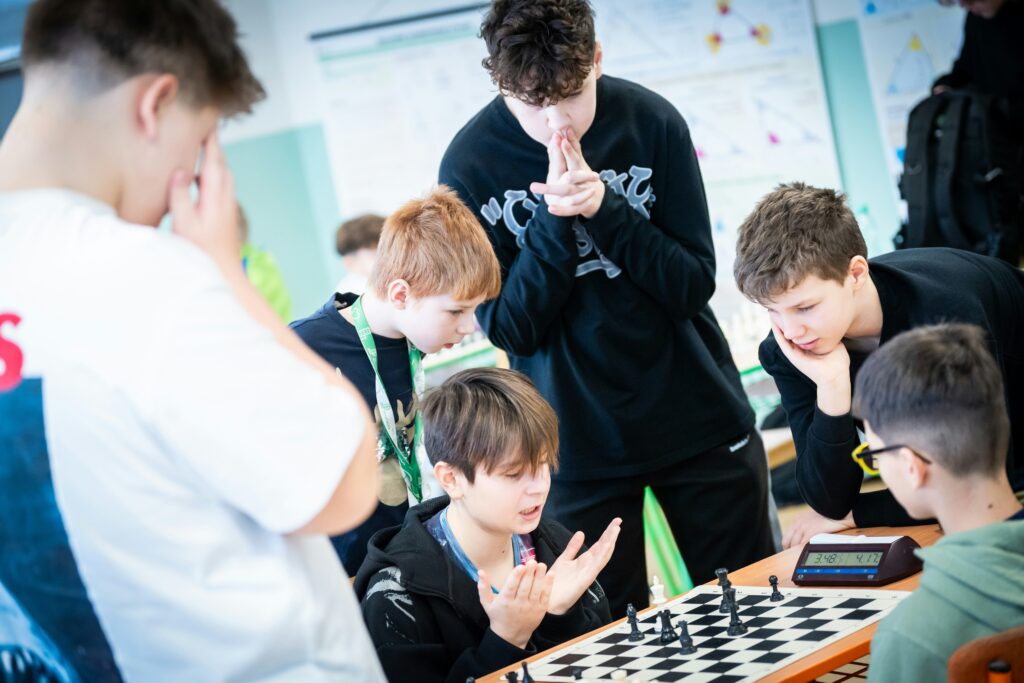
The UK Chess Challenge is not just a tournament, it’s an educational movement. What is your long-term ambition for it – do you see chess becoming a fixture of every British school calendar?
I’d love to see chess taught in every school and yes I can see it being on the national curriculum. The skills you learn from it are invaluable for navigating life.
Many people now call for chess to be part of the national curriculum. From your perspective, what unique skills or habits does chess teach that other school subjects don’t?
Chess has taught me so much – from losing with dignity, to enjoying success, to navigating challenges calmly. My favourite thing about playing now is that phones aren’t allowed – you get the rare joy of being completely focused for a few hours without distractions. Chess encourages independent thinking as there is no right or wrong way to play!
In your coaching work, you’ve helped nurture the next generation of chess players. What qualities do you look for in a young player who might have the potential to reach international level?
Concentration, memory, and resilience.
As co-manager of the ECF Academy, you’ve seen England’s most talented juniors up close. What gives you hope about the future of English chess?
We have a lot of very talented juniors. Thanks to improved online platforms like lichess.org and chess.com – children can now accelerate their chess learning very quickly. When you combine that with inspirational role models, it gives me real hope for the future.
The Queen’s Gambit sparked global interest in the game, particularly among girls. Have you noticed a shift in female participation since then, and how do you keep that momentum alive?
In all honesty, not really. Female participation hasn’t grown significantly, and I think it’s unlikely to grow substantially in the near future. As girls get older, there are so many competing interests. Many girls prefer to be good at lots of things, rather than focusing deeply on one pursuit like chess.
What psychological barriers do you think most girls face in entering a world still perceived as male-dominated, and how can those barriers be dismantled?
As the minority, we often get extra attention from men, and sometimes they assume we’re inferior. The best way to break down those barriers is simple: beat the boys!
The Queen’s Gambit sparked a cultural wave. Do you think its legacy lies more in glamourizing chess, or in normalizing it as a path of ambition for girls?
Its legacy lies in glamourizing the game and showing that it isn’t just for “uncool kids.” I loved the series, and it resonated deeply with me – apart from the drugs, of course!
Chess is frequently described as a game of resilience. What lessons do you most want children to take away from their first tough losses?
That life is hard, and things don’t always go your way. Losing teaches us more than winning.
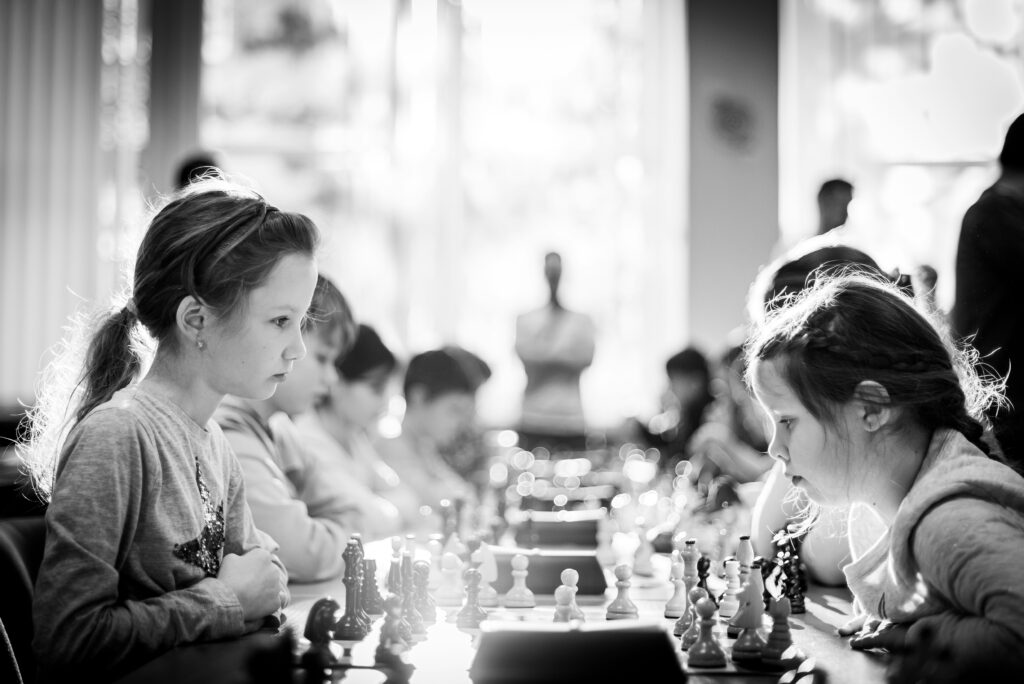
The resilience required in chess is typically compared to the resilience needed in life. Do you feel that the setbacks you faced over the board built your psychological armour outside of chess as well?
Yes. I’ve had very difficult challenges in life – including the loss of my brother to suicide and a diagnosis of an incurable illness – but I’ve never stopped chasing my dreams or being happy. Chess has definitely helped me learn how to deal with hardship.
Many people describe chess as a “mirror of the mind.” What has chess revealed to you about your own character – both strengths and weaknesses?
It’s shown me how competitive I am and how hard I’m willing to work for my goals. It’s also taught me not to underestimate people – even children can be very tough opponents!
As a psychologist might put it, motivation can be either intrinsic or extrinsic. Do you think your own drive in chess came more from within – the joy of the game itself – or from the validation of success, trophies and titles?
I think my drive came from success, but I’ll always love the game itself. My chess isn’t as sharp as it used to be – with a young family I have less time to train – but I’ll never stop loving it. Even after a loss, I can’t wait to bounce back.
If schoolchildren could only learn one life lesson from chess, what should it be?
We can always learn from mistakes.
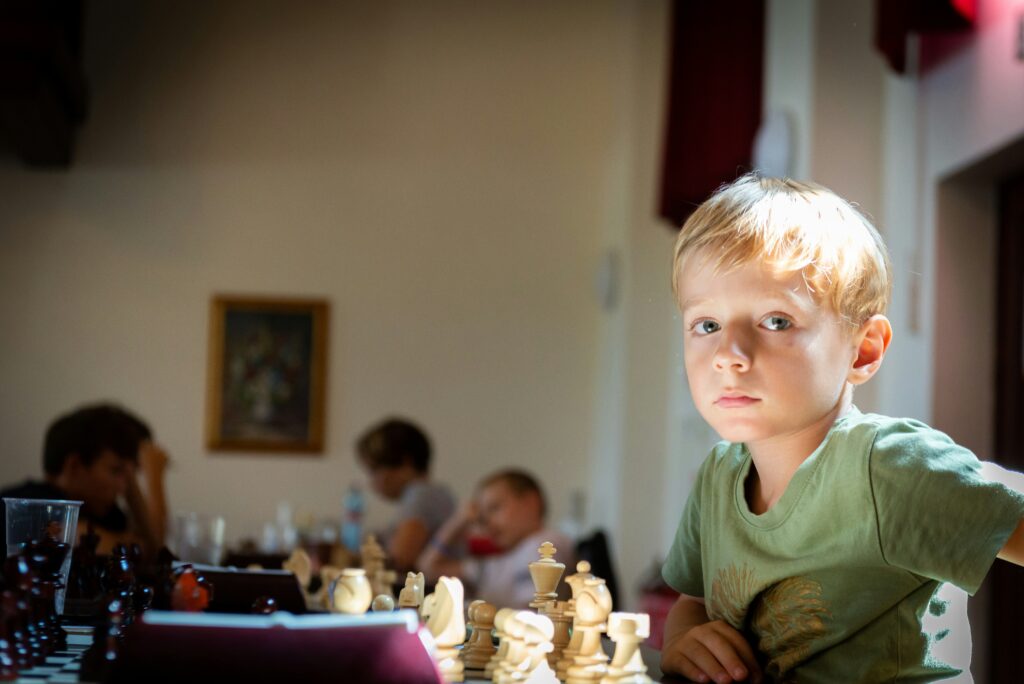
If you had to describe your chess style in psychological terms – cautious, aggressive, imaginative, pragmatic – which label would you choose, and why?
Aggressive – I love to attack!
When you stepped away from playing at full intensity and focused more on coaching and organizing, did you feel you were closing a chapter – or opening a more meaningful one?
I was opening a more meaningful one. Inspiring the next generation and watching them excel feels incredibly rewarding.
Looking back, which of your own games or achievements still carries the most personal weight today?
Becoming British Ladies’ Champion and scoring 7.5/9 for England at my first Chess Olympiad are my proudest achievements. My wins against Grandmasters Mark Hebden and Nigel Davies are the games I cherish most.
You once beat Grandmaster Mark Hebden – a symbolic milestone. Do you recall the moment during that game when you realized you were not only holding your own, but actually seizing control?
Yes – the opening went really well, and once I had the advantage I focused on simplifying to avoid counterplay. The endgame was still tricky, but when I promoted, I knew there was nothing he could do.

Leading an organization that reaches tens of thousands of children is both a logistical and an emotional task. Which do you find harder: moving the pieces of people and institutions, or moving the pieces on the chessboard?
Definitely moving the pieces of people. The UK Chess Challenge has become more difficult as schools face financial pressures and teachers have less time for extracurricular activities.
Every organizer carries a vision of the future. If you could fast-forward years, how would you like British school chess to look?
I’d love every school to have a chess club – building life skills at any level. I’d also like the UK Chess Challenge to be the “parkrun of chess,” where finances aren’t a barrier to taking part.
Every chess player carries a set of role models in their mind. Whose games, spirit, and philosophy do you carry with you most when you sit down at the board?
Garry Kasparov has always been my idol. He appeared on Blue Peter with me when I was seven, and I have always enjoyed studying his games and his books “My great predecessors”.
Beyond chess, are there figures in sport, education, or business who inspire you?
I wouldn’t say I have one single figure, but I’m inspired by anyone who shows passion, resilience, and creativity in what they do. I try to take little lessons from people I meet along the way, rather than following just one role model.
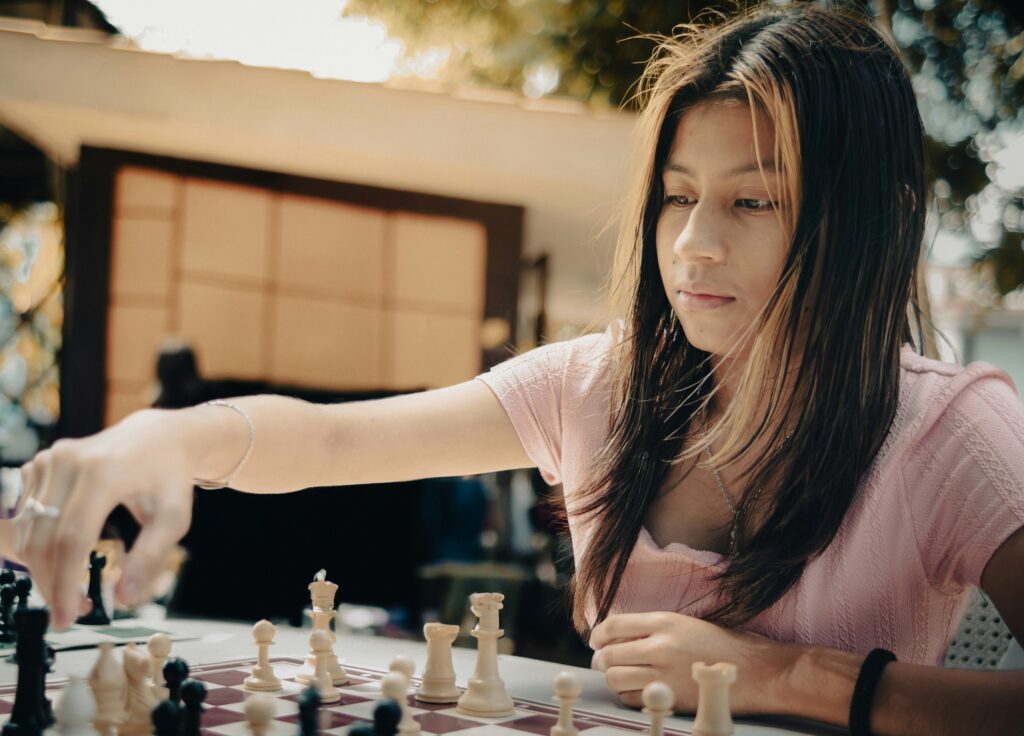
You’ve spoken about dismantling barriers for girls in chess. What practical steps do you believe will make the biggest difference for girls in chess over the next decade?
Changing the perception that chess is a male game. Judit Polgar did this brilliantly. More strong female players and glamorous venues will help shift the image further.
The UK Chess Challenge touches tens of thousands of lives each year. What’s the most powerful story or encounter you’ve had with a young player that reminded you why you do this work?
There are so many! I’ve had countless children thank me for playing a pivotal role in their chess journey – sometimes years later. Those moments remind me exactly why I do this.
Some say organizing chess events is like playing a never-ending endgame. Do you still feel the same rush of strategy off the board as you once did on it?
Yes! There are so many different parts to it, and it’s always changing – I’m also juggling life with two young children – so it often feels like I’m calculating variations both on and off the board.
If chess were to become a permanent subject in British schools, what would your ideal lesson plan look like for Year 5 or Year 6 students?
Making sure they understand checkmate. Once that clicks, chess becomes so much more fun and engaging, and from there you can build confidence and creativity.
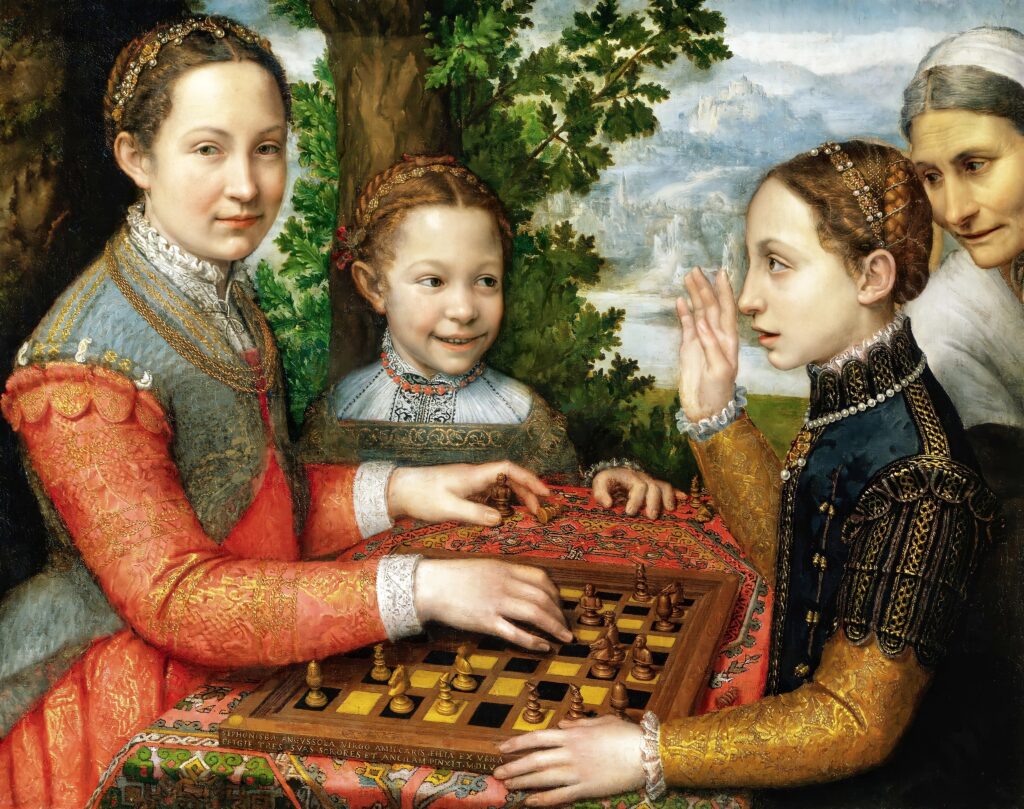
You’ve spoken about the importance of school chess. In a world of constant digital distraction, why do you believe chess deserves a place alongside core subjects such as maths and English?
Because it isn’t solved – it pushes children to use their imagination and creativity in a way few other subjects can.
Do you dream of an England where chess is as natural a school subject as music or PE – and if so, what would that look like in practice?
Definitely! Parents in the playground and the parent WhatsApp groups discussing chess and understanding its value in their child’s development.
When you and your husband took on the challenge of reviving the UK Schools’ Chess Challenge, what was the boldest decision you made?
During COVID, we moved the competition online and persuaded lichess.org to host Swiss events on their platform. Their free service has been incredible, and it’s part of the reason juniors have been able to improve so quickly.
When you took on the challenge of rescuing the UK Schools’ Chess Challenge, what part of you was making that decision – the competitor, the organizer, the teacher, or the dreamer?
It was a mix. I had just received a life-changing diagnosis and wasn’t enjoying my job as a lawyer. I wanted to be an entrepreneur, so the organizer in me stepped forward – but I also drew on the resilience I’d developed as a competitor.
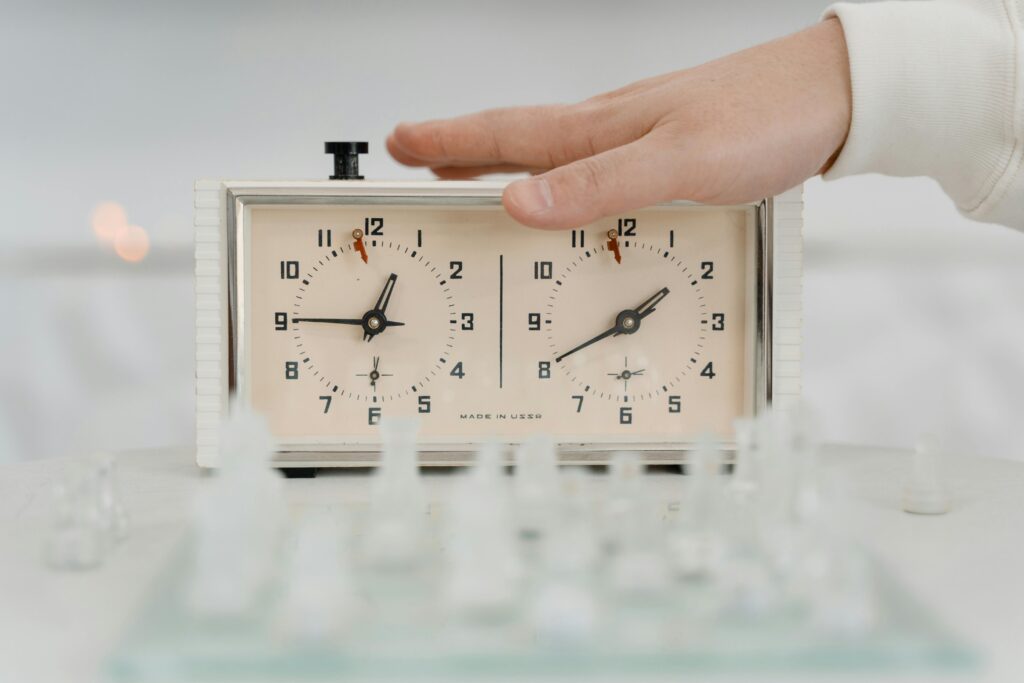
Every player dreams of a perfect game. Every organizer dreams of a perfect event. What would your dream UK Chess Challenge final look like?
I actually dreamt of holding the finals at Blenheim Palace – and thanks to Dominic Hare, the CEO, that dream came true after I volunteered to do a simultaneous display in the Long Library.
Every chess player has a “dream tournament.” What is yours?
The Vienna Open – it’s such a stunning venue, and I always play better in beautiful surroundings.
From a personal perspective: do you miss the intensity of tournament life, or have you found a richer role as a coach and organizer?
I do miss it, and I still try to play, although not as well as before. But coaching and organizing is richer and more lasting.
You’ve lived chess as a player, teacher, director, and ambassador. Which of those identities feels most authentic to you – and which feels most unfinished?
Teacher feels most authentic. My playing feels unfinished – but that’s the beauty of chess, you can never stop learning.
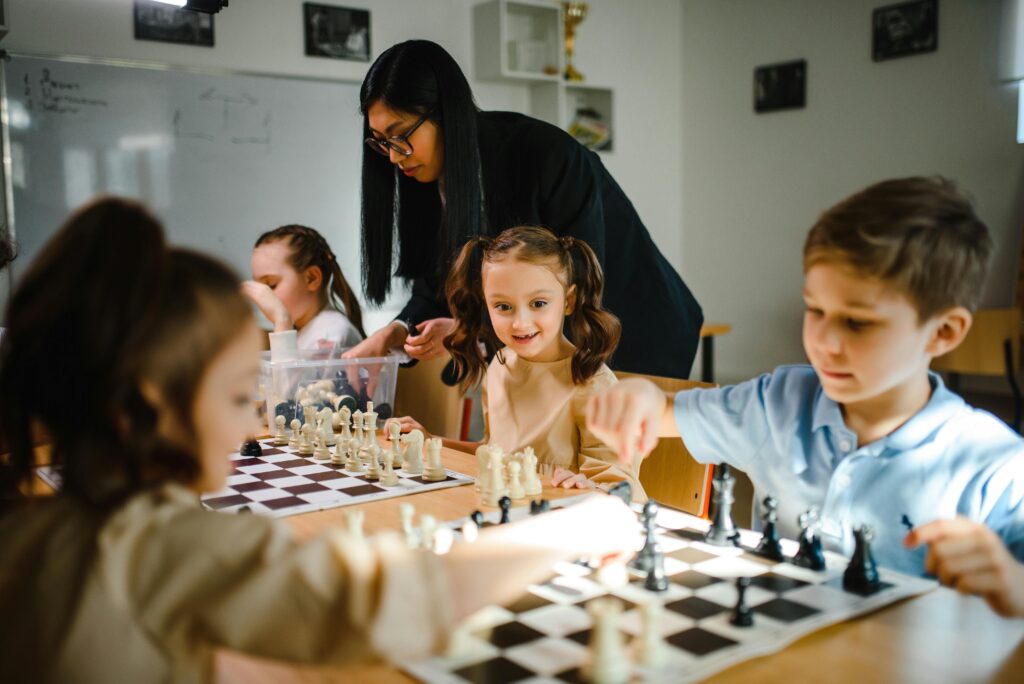
When you look years ahead, do you see yourself having built a legacy more as a chess champion, a movement builder, or as a transformer of children’s lives?
A chess champion who inspires children.
If you could sit across the board from your 7-year-old self, what advice would you whisper before she touched her first pawn?
Enjoy chess and try to learn one thing from every game. It’s a marathon, not a sprint.
And finally – when all is said and done, how would you most like to be remembered: as a champion over the board, or as a champion for children discovering the joy of chess?
Both would be perfect.

